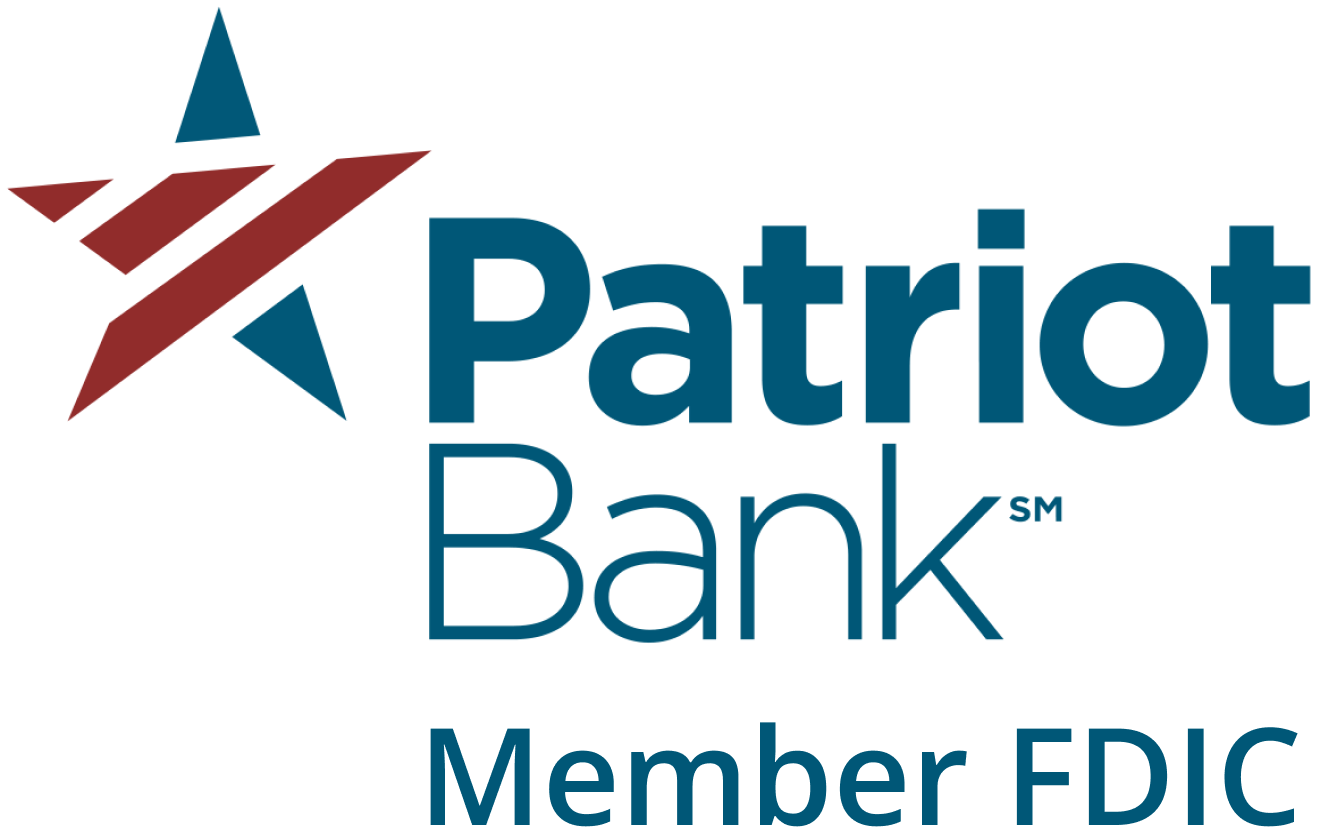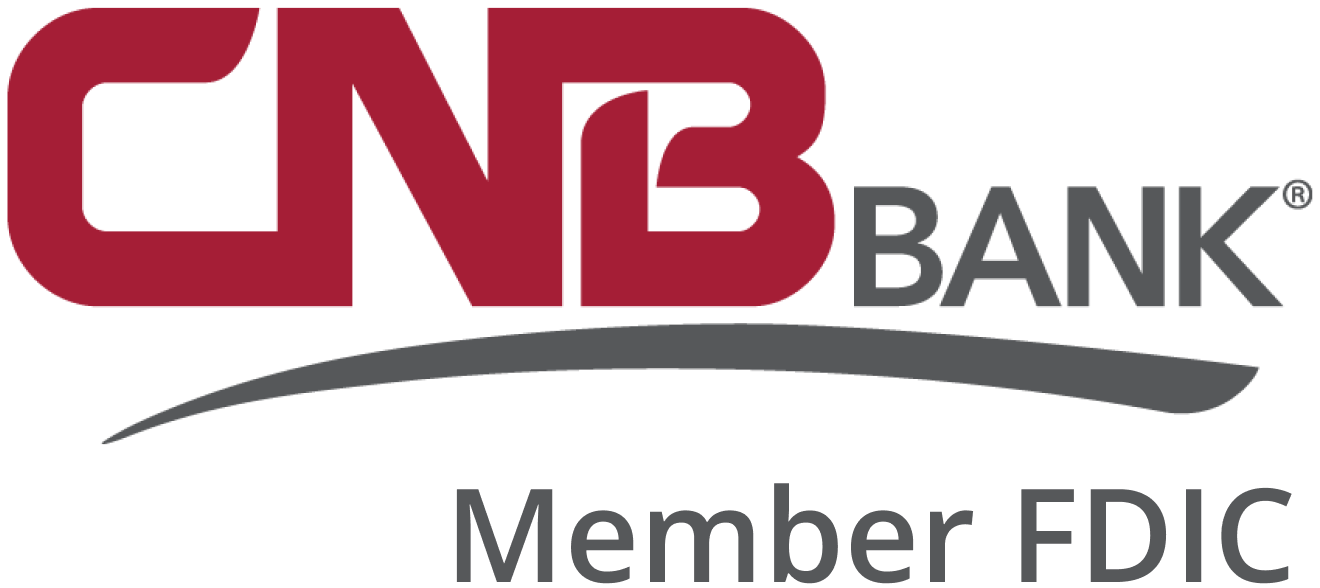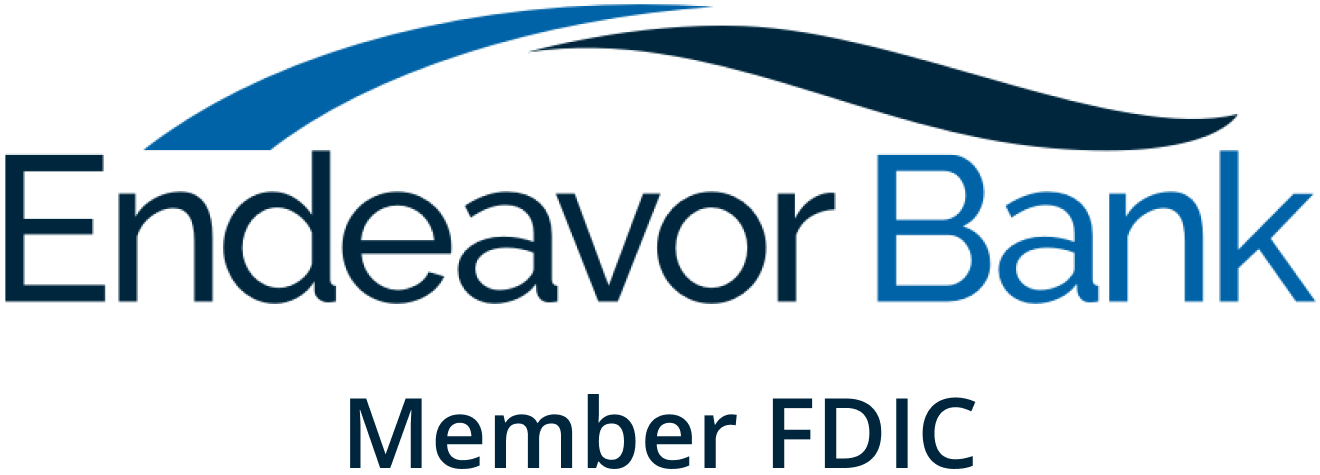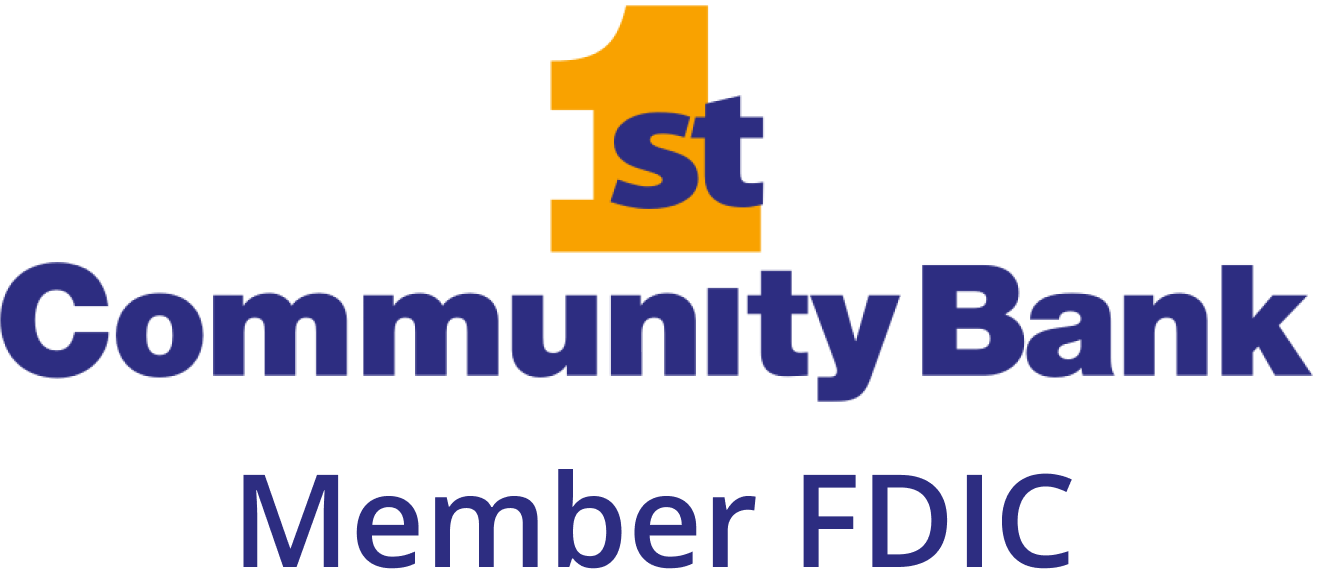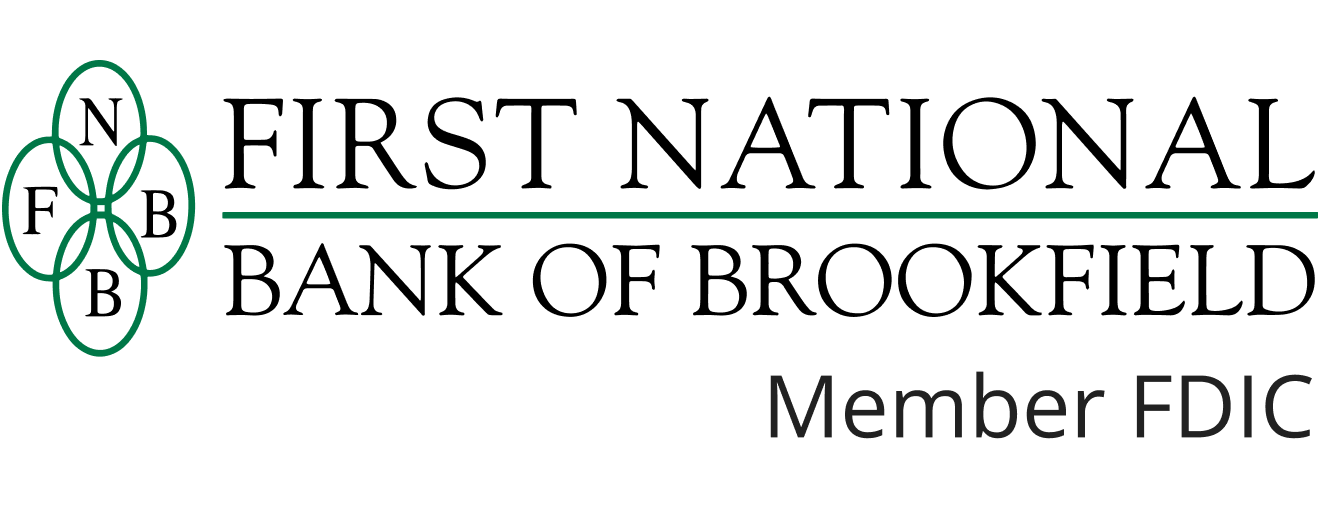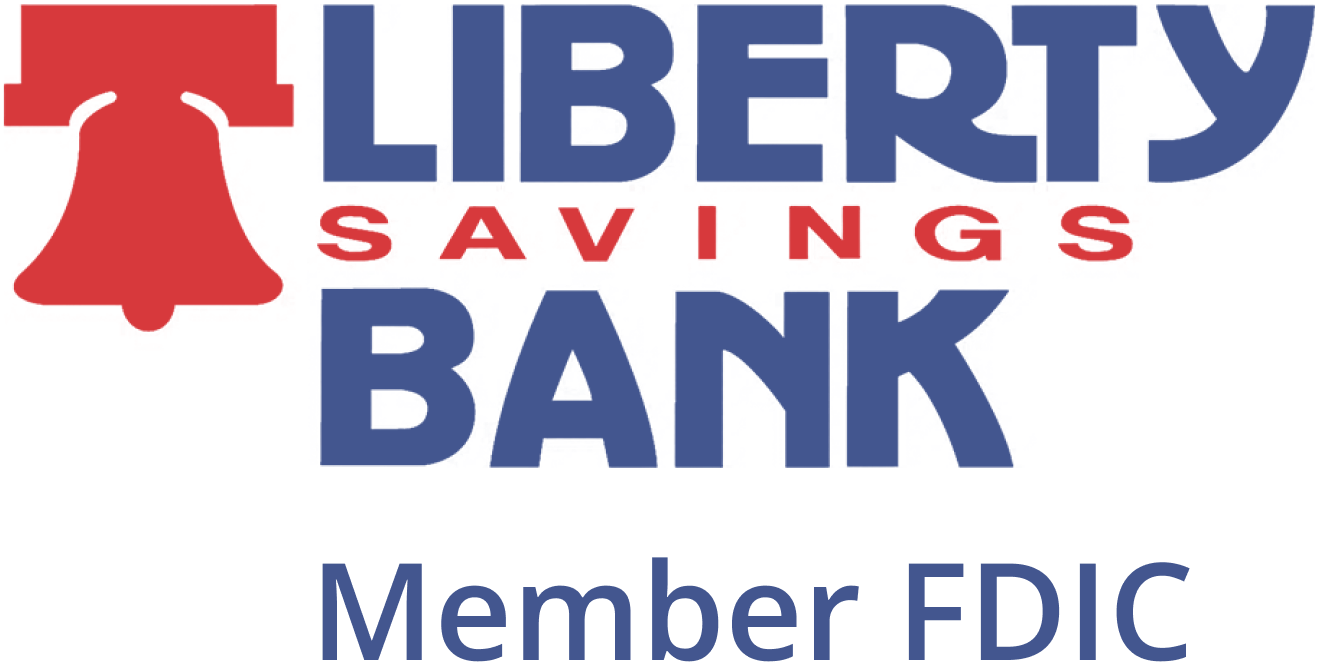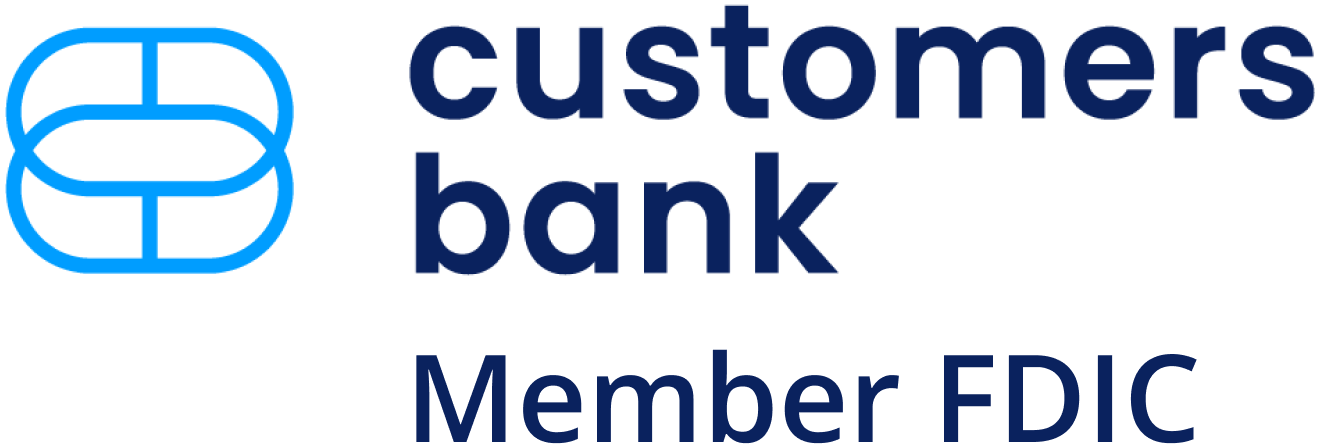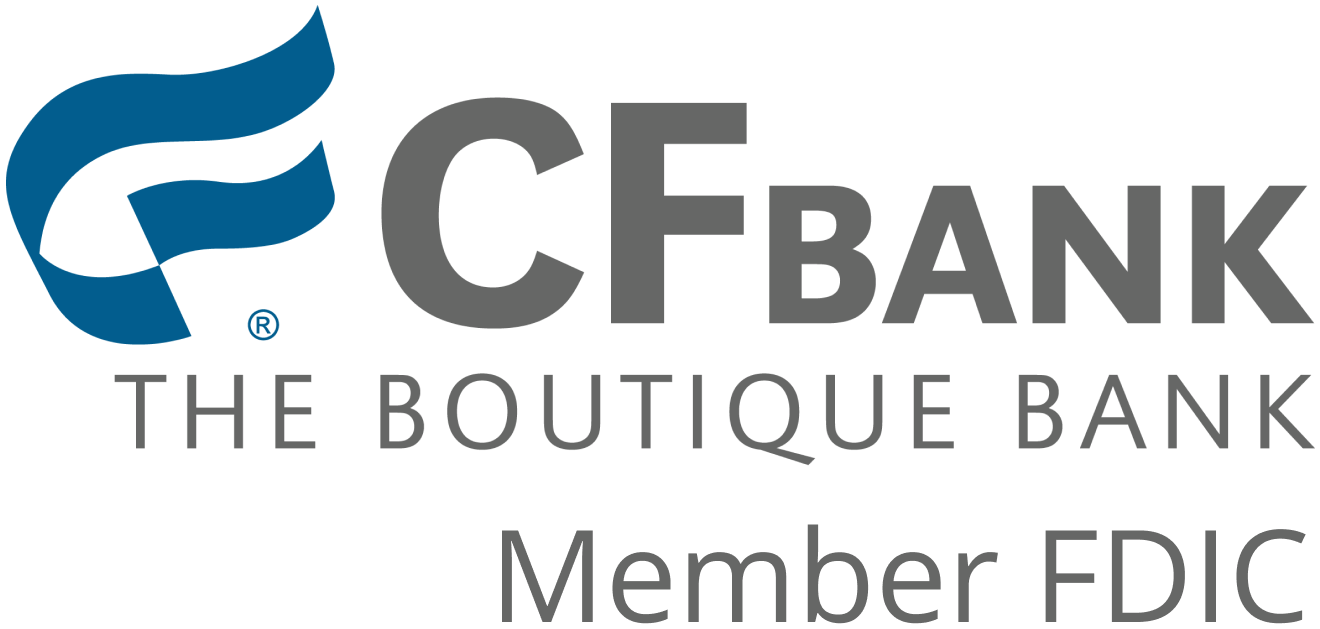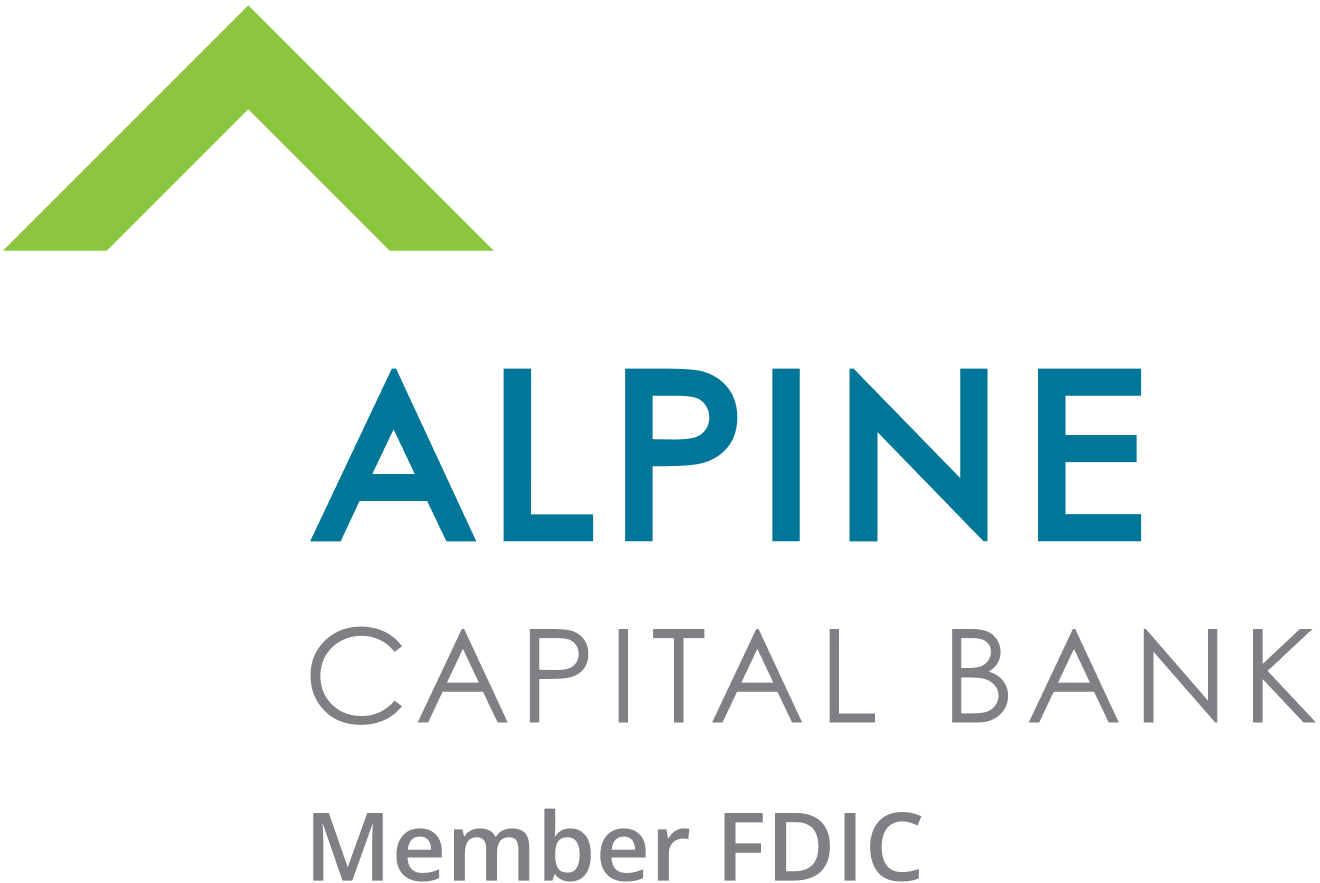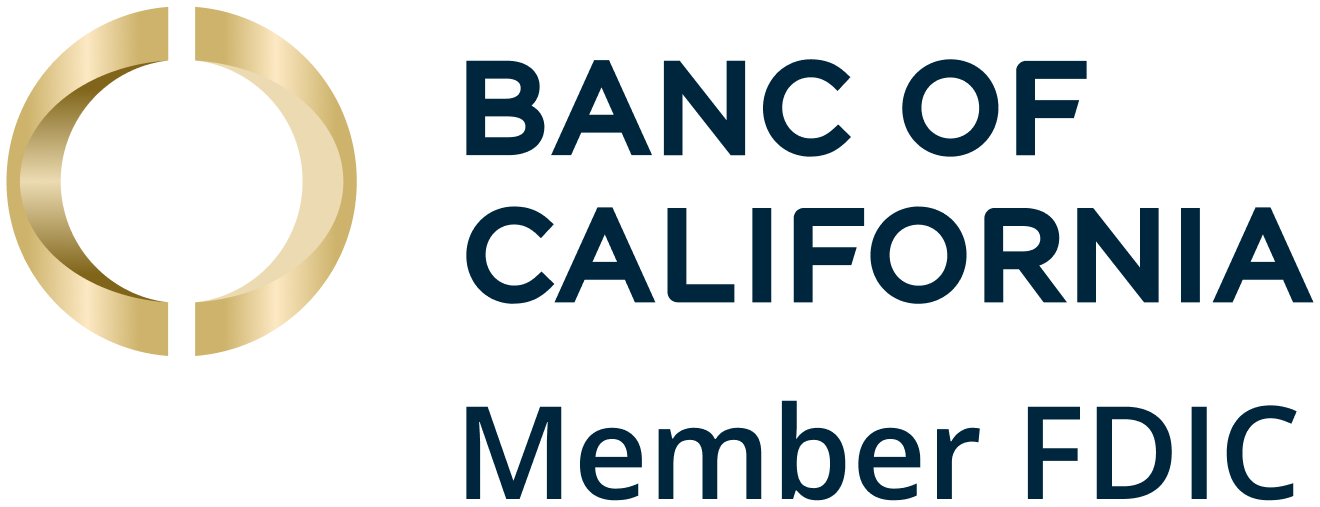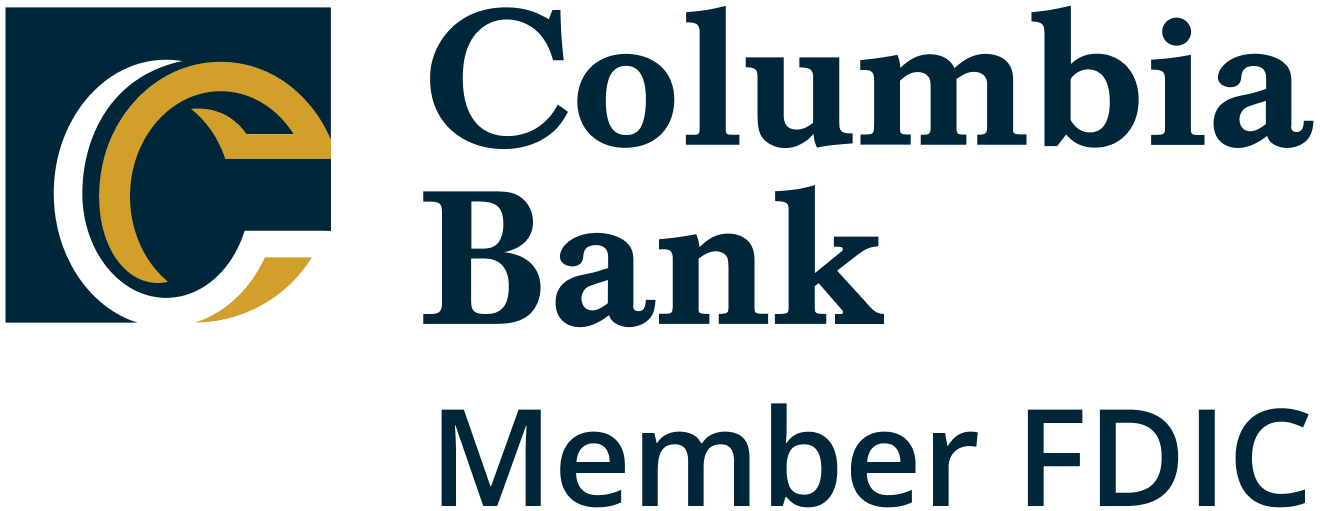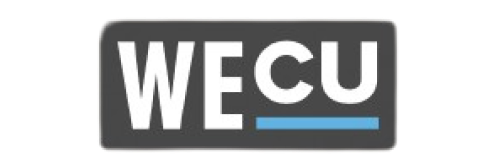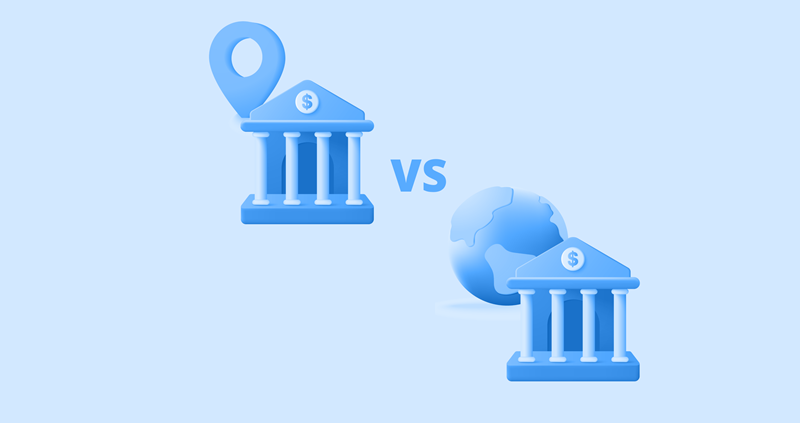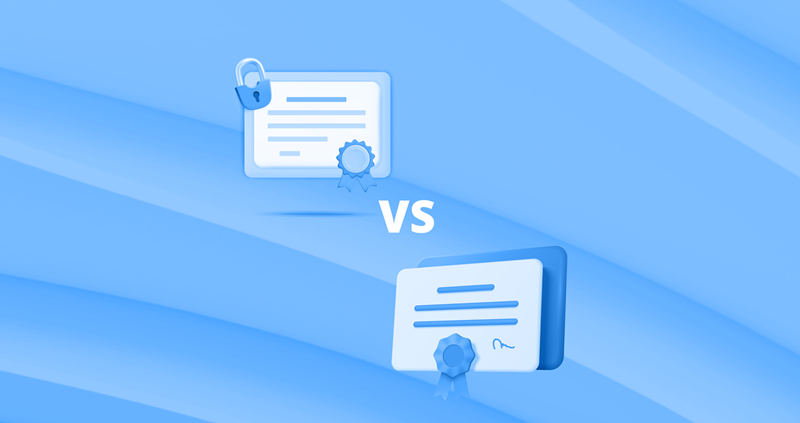Money market vs. high yield savings account: Which one is right for you?
Learn the differences between money market and high-yield savings accounts so you can choose the best option for your savings goals and access needs.
Is a money market account the same as a high-yield savings account: Both account types offer competitive interest rates, often higher than traditional savings accounts. They may differ in access and requirements, however.
Money market accounts offer more liquidity: With many offering features like debit cards and check access, money market accounts can offer more flexibility for those who need easier access to their funds.
High-yield savings are ideal for long-term goals: These accounts are great for those focused on saving without needing frequent access to their funds.
What are high-yield savings vs. money market accounts?
High-yield savings and money market accounts offer attractive savings benefits. They are a great way to help maintain an emergency fund or help you reach your savings goals. However, while they might sound the same, they offer unique benefits and features. Understanding the differences can help you choose which one will best fit your financial needs and goals.
High-yield savings account
A high-yield savings account is a deposit account that functions like a traditional savings account but earns interest at much higher rates, often higher than the national average for standard savings accounts. This allows you to grow your savings even faster compared to traditional savings accounts.
While some high-yield savings accounts require a minimum starting or maintenance balance and limit monthly withdrawals, those offered through Raisin do not. High-yield savings accounts are offered through some standard banks and credit unions and are widely available through online financial institutions.
Money market account
Money market accounts, or money market deposit accounts (not to be confused with money market funds, which are an investment product), are a different type of high-interest deposit account offered by many banks, credit unions, and online financial institutions. They typically offer higher interest rates than traditional savings accounts, and sometimes even higher than some high-yield savings accounts. These accounts may also come with the added benefit of a debit or bank card and checks, which gives you easier access to your money.
While it may be common for some institutions to require large deposits to open and maintain a money market account, this is not the case at Raisin. The Raisin marketplace only requires a $1 minimum to set up your money market account, giving you access to multiple options with competitive interest rates and flexible features.
Difference between money market and high-yield savings accounts
While both accounts offer similar benefits, one of the key differences is the hybrid nature of a money market vs. high-yield savings account. Money market accounts may sometimes offer debit or bank cards and checks, making your money more accessible compared to high-yield savings accounts. While this is typically institution-dependent, it is also important to note that both accounts may still have withdrawal limits depending on the institution.
Another significant difference is the amount of capital needed to open a money market account compared to a high-yield savings account. Some money market accounts may require high minimum deposits (e.g., a minimum deposit starting at $10,000), which may not be accessible to new savers.
Raisin’s partner banks and credit unions, however, only require a minimum of $1 to open a high-yield savings account and a money market account through the platform, giving you access to both types of savings products. You can browse through various options with competitive interest rates, all in one place, to help you find what best suits your needs!
Bank
Product
APY
New Raisin Users: 60-Day Rate Lock

mph.bank, a division of Liberty Savings Bank, F.S.B., Member FDIC
FDIC
High-Yield Savings Account
3.86%
$1,930.00

mph.bank, a division of Liberty Savings Bank, F.S.B., Member FDIC
FDIC
Money Market Deposit Account
3.76%
$1,880.00
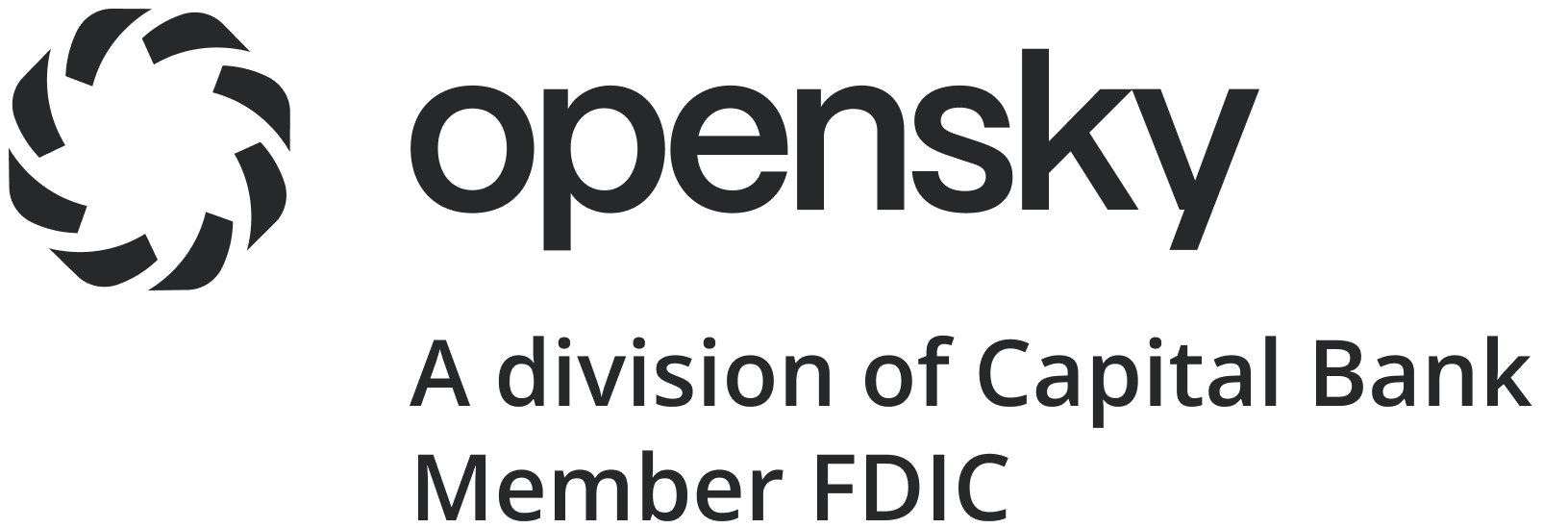
opensky, a division of Capital Bank, N.A., Member FDIC
FDIC
High-Yield Savings Account
3.67%
$1,835.00

Adda Bank, a division of Southwest Heritage Bank, Member FDIC
FDIC
High-Yield Savings Account
3.50%
$1,750.00

Paprika Capital Bank, a division of Tradition Capital Bank, Member FDIC
FDIC
High-Yield Savings Account
3.45%
$1,725.00

HealthcareBank, a division of Bell Bank, Member FDIC
FDIC
Money Market Deposit Account
3.40%
$1,700.00
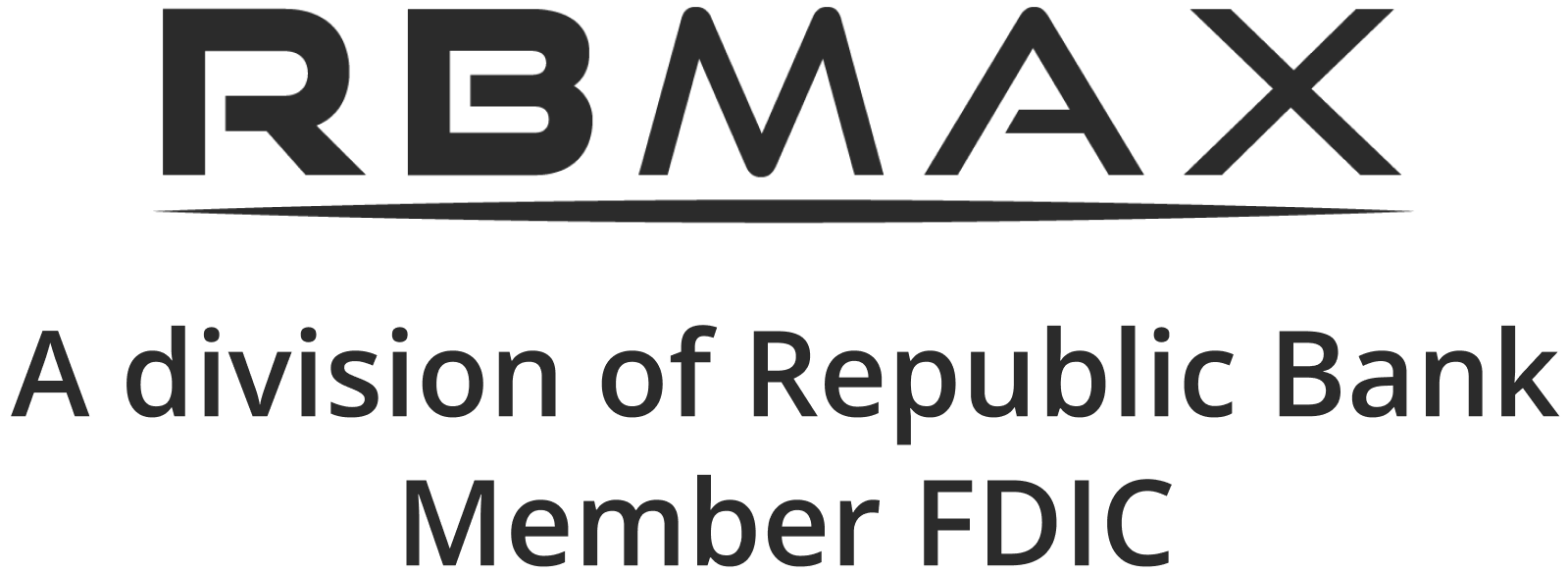
RBMAX, a division of Republic Bank, Member FDIC
FDIC
High-Yield Savings Account
3.15%
$1,575.00
Raisin is not an FDIC-insured bank or NCUA-insured credit union and does not hold any customer funds. FDIC deposit insurance covers the failure of an insured bank and NCUA deposit insurance coverage covers the failure of an insured credit union.
Pros and cons of high-yield savings vs. money market accounts
To better differentiate the two account types, let's consider the advantages and disadvantages of each one.
Pros of high-yield savings accounts
- Competitive interest rates: High-yield savings accounts offer strong interest rates, allowing you to make the most of your savings options. Interest rates tend to be higher than traditional savings accounts, and sometimes also exceed those of money market accounts.
Little to no fees: Since banks also benefit from holding your money, most have relatively low or no monthly maintenance fees. Accounts opened through Raisin, however, have no maintenance fees.
Low or no minimum balance: Most banks do not require a deposit minimum, allowing you to sign up easily and get started on saving.
- Low risk: High-yield savings accounts are considered a lower-risk way to grow your money compared to stocks and other investment options.
Cons of high-yield savings accounts
- Fluctuating interest rates: Interest rates may be variable and fluctuate over time, making your returns unpredictable.
Risk of inflation: Since inflation and interest rates go hand in hand, the returns from high-yield savings accounts might not keep up with inflation, which can potentially erode the purchasing power of your savings in the long run.
Withdrawal limits: Many accounts have a limited amount of withdrawals you can make per month, which would hinder your access to your money. Accounts opened through Raisin do not have monthly withdrawal limits, so you can access your funds as often or as little as you need.
Slower growth: Since high-yield savings accounts are considered a low-risk option, their returns are often lower compared to other investment options.
Pros of money market accounts
- High interest rates: Money market accounts offer higher interest rates than traditional savings accounts.
Low risk: Money market accounts are also considered a generally safe way to grow your money compared to other investment options, especially when opened at an FDIC-insured or NCUA-insured institution.
- Liquidity: Generally offer easier access to your money; some institutions offer checks and debit cards allow you to withdraw money when you need it.
Cons of money market accounts
- Interest rate volatility: Like high-yield savings accounts, interest rates on money market accounts are variable, meaning they can stunt your savings’ growth potential when they decrease.
Balance requirements: Some money market accounts have high minimum balance thresholds, which may make it difficult to get started with or maintain your savings. Accounts on the Raisin platform do not have minimum balance requirements, so you do not have to worry about paying fees if you don’t maintain a certain amount.
Limited transactions: Historically, these accounts were limited to six transactions per month, which would include debit and checking transactions. Some institutions may still impose a limit, although it is no longer mandated by the Federal Reserve. Exceeding this limit can potentially lead to fees, eroding your returns. Accounts on the Raisin platform do not have transaction limits on money market accounts, giving you more freedom to access your funds.
Money market account vs. high-yield savings account: An overview
Feature | Money market account | High-yield savings account |
Interest rate | Variable but competitive, usually higher than traditional savings accounts. | Variable but competitive, usually higher than traditional savings accounts. |
Minimum deposit | Often required at amounts higher than high-yield savings accounts. (Raisin only requires a $1 minimum deposit) | May potentially be required. (Raisin only requires a $1 minimum deposit) |
Liquidity | Funds may have transaction limits. (Accounts opened through Raisin do not.) | Funds may have transaction limits. (Accounts opened through Raisin do not.) |
Withdrawal/transfer limits | Monthly limits may apply. | Monthly limits may apply. |
Best for | Those who want higher interest rates and more liquidity. | Those who prioritize long-term savings and still want high interest rates. |
Which account should you choose?
When choosing between a high-yield savings account vs. money market account, the best choice will depend on your financial goals, as well as accessibility, interest rate, and potential minimum balance requirement. The Raisin marketplace only requires a $1 minimum initial deposit amount for each account, giving you more flexibility to choose what best fits your needs.
Comparing the advantages and disadvantages of the two account types will help you get a clearer understanding of what can help meet your financial needs. Essentially, money market accounts can be ideal for those who want to save at high interest rates but want to maintain easy access to their funds. High-yield savings accounts, on the other hand, may be a better option for those who simply want to focus on high-interest saving without necessarily needing instant access to their funds.
Benefit from both with Raisin
Regardless of which account type you decide on, you can compare interest rates to help ensure you get the best possible returns. You can even take your savings one step further and set up direct deposits to automate your savings and consistently grow your balance.
Money market and high-yield savings accounts provide excellent options to grow your money without much effort. The Raisin marketplace gives you access to both account types and allows you to compare competitive interest rates to help you choose the best option to meet your needs. Compare interest rates today and start maximizing your savings potential!
The above article is intended to provide generalized financial information designed to educate a broad segment of the public; it does not give personalized tax, investment, legal, or other business and professional advice. Before taking any action, you should always seek the assistance of a professional who knows your particular situation for advice on taxes, your investments, the law, or any other business and professional matters that affect you and/or your business.
